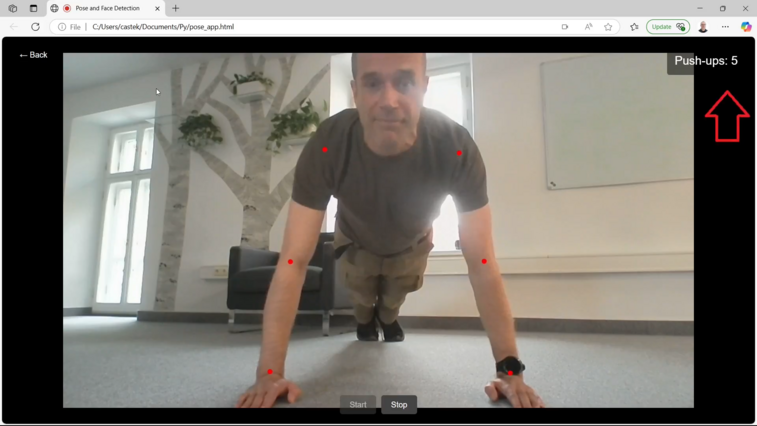
AI brings new challenges to software testing
When OpenAI introduced ChatGPT two years ago, some feared that developers and testers would lose their jobs. But two years on, we can safely say that hasn’t happened. So, where did those predictions go wrong — and what new challenges has AI really brought us?





